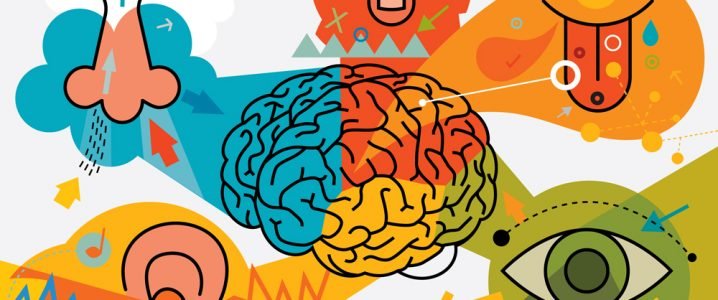Characters of human sensibility and understanding are responsible in governing perceptions and percepts

Image Source
Swami Sivananda would not concur with Kant that philosophical interests ought to be surrendered by and as examples of a vain enterprise with respect to man. Kant, concerning himself a lot with the individual forces of knowledge, gets rid of the metaphysics of an extreme reality as something absolutely inconceivable.
Kant's dispute is that, as knowledge is constrained to the perceptual classifications of the sensibility and the calculated classifications of the understanding, even our knowledge of God all things considered, isn't a plausibility. Truly, we can't have an acceptable metaphysics of reality if reason is our sole guide, for, without a doubt all our knowledge is empirical and restricted, being limited to the classes of the sensibility and understanding, from which nobody can remove himself.
This issue does not emerge in the philosophy of Swami Sivananda, for to him, philosophy is yet the epitome in reason of the intuitional intelligence of truth as it seems to be. The absolute isn't the one that is shaded by the elements of the senses and the understanding, yet the very presupposition of the senses, understanding and reason.

Image Source
It must be underscored again that philosophy isn't the accomplishment of the unaided reason strolling autonomously of the non-dualistic instinct, however is just the rational explanation of the super-rational acknowledged in vital instinct. God, immortality and freedom are not objects of the reason, which reason needs to build up autonomously, however speak to the most elevated objective which reason needs to legitimize, constructing itself in light of the Anubhava or experience of the sages, for example, those of the Upanishads.
To Kant, metaphysical realities are just regulative standards or beliefs of reason that must be hypothesized, yet can't be legitimized by reason. To Swami Sivananda, this is so just when reality is bifurcated into the objects of reason and of instinct and not taken as one entirety. At the point when reason draws motivation from non-tactile experience and inhales the quality of instinct, what it announces isn't simply a regulative standard however the portrayal of what is genuine in the most elevated sense.
The reality that is set up in philosophy is to be experienced in the condition of profound contemplation. Here consciousness and being turned out to be one. There is no chance to get of going into fellowship with it aside from by being it. There is no such thing as subject-object relationship concerning the consciousness of what is universal. It is possible that one knows it completely in non-dualistic fellowship or does not know it by any stretch of the imagination.

Image Source
The senses, the understanding and the reason are frail instruments in a single's endeavor at impeccably grasping its nature or acknowledging it in experience. In the acknowledgment of the supreme being the brain of the individual is totally transcended, together with all its dualistic classes. The brain does not share of the attributes of reality.
It isn't cognizant and furthermore not universal in nature. The brain is a weak objective insentient evolute going about as the person's instrument in the impression of the outer world, which is physical in nature. By its extremely nature it knows just what is outside it and can't recognize what is above it or what is assumed by it. Consequently nothing that is known to the human being in this empirical world can be of any utilization in the domain of the trans-empirical Consciousness.
The objects of the senses get melded, so to speak, in the constitutive pith of the absolute. Space, time and causation, matter, vitality and objects vanish in the menstruum of its terrific presence. The absolute of philosophy isn't an object of consciousness, yet is the thing that consciousness itself is in its genuine and basic nature. In this way philosophy is the pathway to the acknowledgment of the absolute consciousness through the stepping stool of the diverse phases of the relative consciousness.

Image Source
References:
http://www.iep.utm.edu/kandmind
https://www.uni-frankfurt.de/60971091/2015_The-Sensibility-of-Human-Intuition.pdf
Great post. I really enjoyed the philosophical sense of it. And I love the quote from Jane Austen Foo. "it isn't what we say or think that defines us, but what we do. "
Jane Austen's quote is also one of my favorites. I even used it as laptop wallpaper for a long time. Thanks for sharing your great article. See you
Great post! , We need to be wise and knowledgeable , thanks for this great understanding you have shared to us @juvyjabian , Godbless you always .
Such a awesome article. And I love the quotes of Jane Austen.. As what He say " It isn't what we say or think that defines us, but what we do..
Such an interesting article!